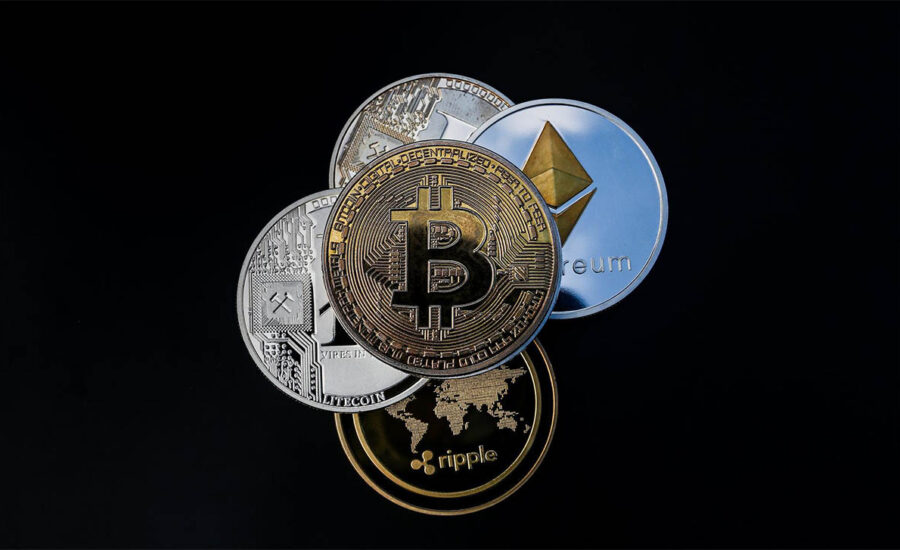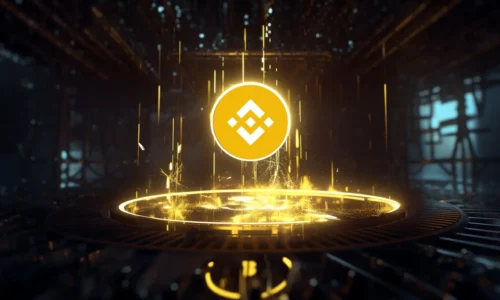Utility tokens are the talk of the town right now, and it seems like new utility tokens are being announced on a daily basis. So, why are people so interested in utility tokens? The answer is simple: because they can be used to purchase goods and services directly from their creators, without having to pay any additional fees or go through any centralized third-party processing systems – kind of like cash.
But before you jump on the utility token bandwagon and begin creating your own, it’s important to be aware of all the details surrounding these digital assets and how they actually work.
What is a Utility Token?
A utility token is a digital asset that is intended to be used for a specific purpose. For example, a utility token could be used to purchase a product or service, or to access a certain feature of a platform. Utility tokens are often issued by blockchain-based startups as a way to raise funds for their project. Because they are not considered securities, utility tokens are not subject to the same regulations as other types of investments. This makes them attractive to investors who are looking for a more speculative opportunity. However, it also means that there is more risk involved. Before investing in a utility token, it is important to do your research and understand the project and its potential use case.
Why are utility tokens so important now?
As the cryptocurrency industry has matured, investors have become more savvy and interested in tokens that offer utility rather than speculative value. A utility token is a digital asset that provides users with access to a product or service. In other words, it’s a currency that can be used to purchase goods or services. Unlike an investment token, which is purchased in the hope that it will increase in value, a utility token is purchased for its use value. That said, there are still many questions surrounding utility tokens. For example, how will they be used? What problem do they solve?
Some people might say that the purpose of a utility token is simply to raise money while others may argue that their sole purpose is to allow access into some sort of ecosystem. To answer this question, we need to ask: What problem does this utility token solve? Some tokens are created just as a way for companies and developers to monetize their ideas and inventions without going through the traditional venture capital route. These types of coins usually come pre-loaded with units of whatever good or service they provide (e.g., 100 pizza tokens), which means customers need only spend these at any time during their lifetime in order to pay for what they want without needing cash upfront or credit cards later on.
Polygon (MATIC) continues to be the most promising scaling solution to Ethereum’s ongoing issues, mostly high fees and low transaction speeds. MATIC is the utility token used to govern, stake and pay for gas fees on the Polygon network. We at BitEsprit feel MATIC will continue to be the top utility token.
What is the difference between Utility tokens and Security tokens?
Utility tokens are a type of cryptocurrency that provides users with access to a product or service. They are often issued by companies during an ICO and used to fund development of the project. Security tokens, on the other hand, are investment contracts that represent ownership of an asset. They may be backed by real-world assets and give holders a share of the profits generated by the underlying asset. The US Securities and Exchange Commission (SEC) has recently stated that not all utility tokens are securities, but because they can have some characteristics of securities it is important for issuers to understand what their obligations are.
Should I invest In Utility tokens?
There are a lot of different types of utility tokens, each with their own unique purpose. Some tokens are used to power decentralized applications, while others give holders access to a product or service. Still, others give holders voting rights or governance rights within a project. So, the question is – what is the token you’re looking at actually used for? If you can’t figure out the utility of the token, it’s probably not worth investing in.





